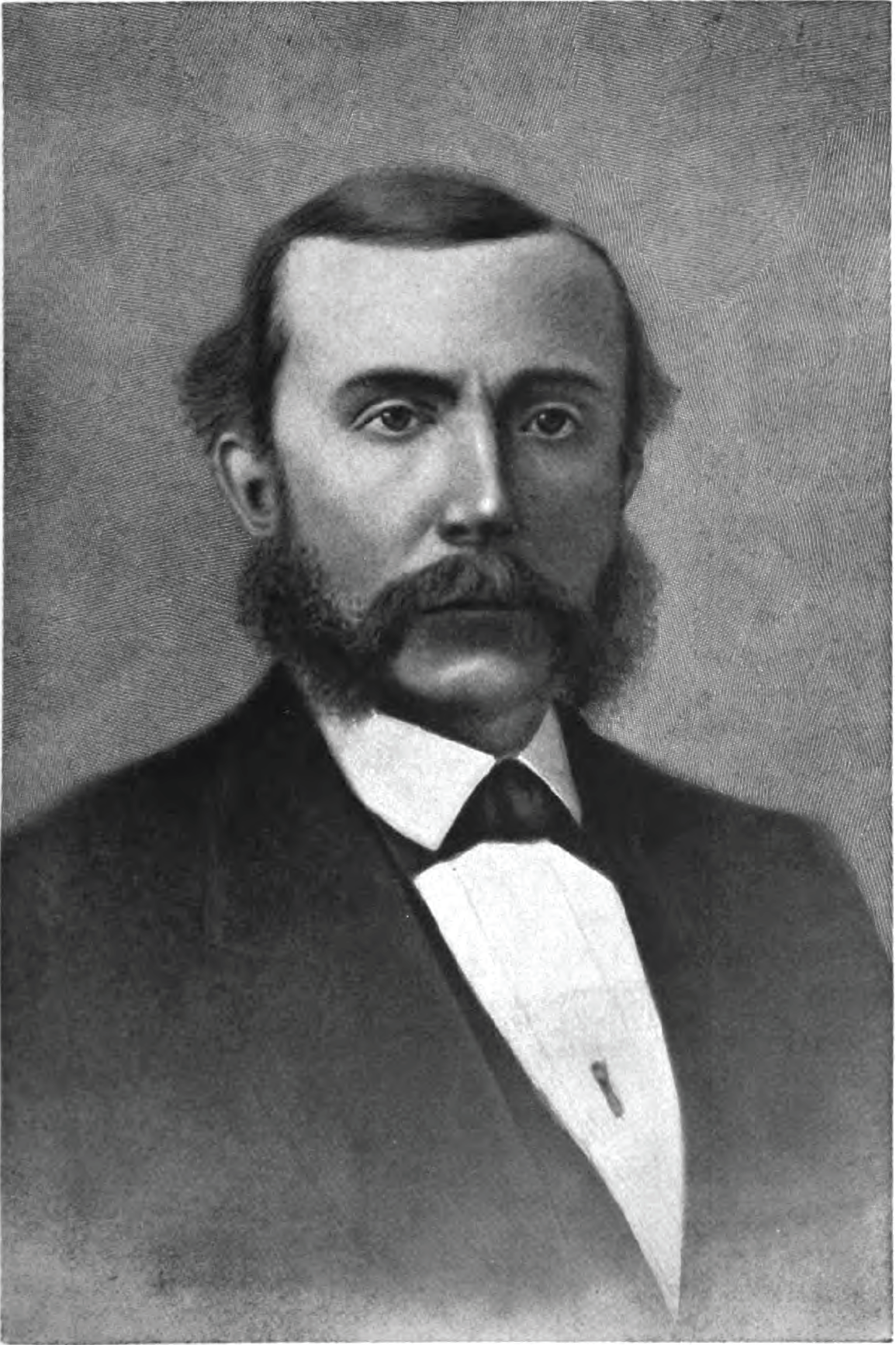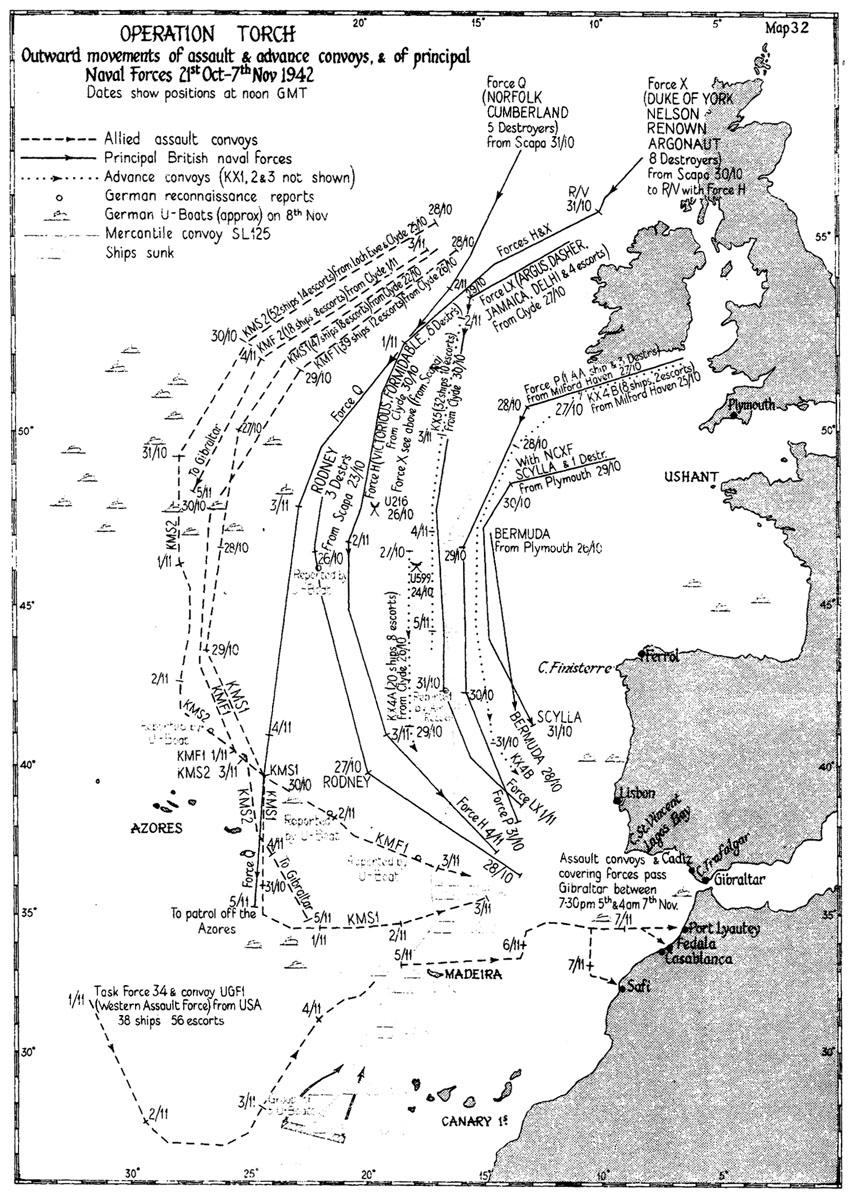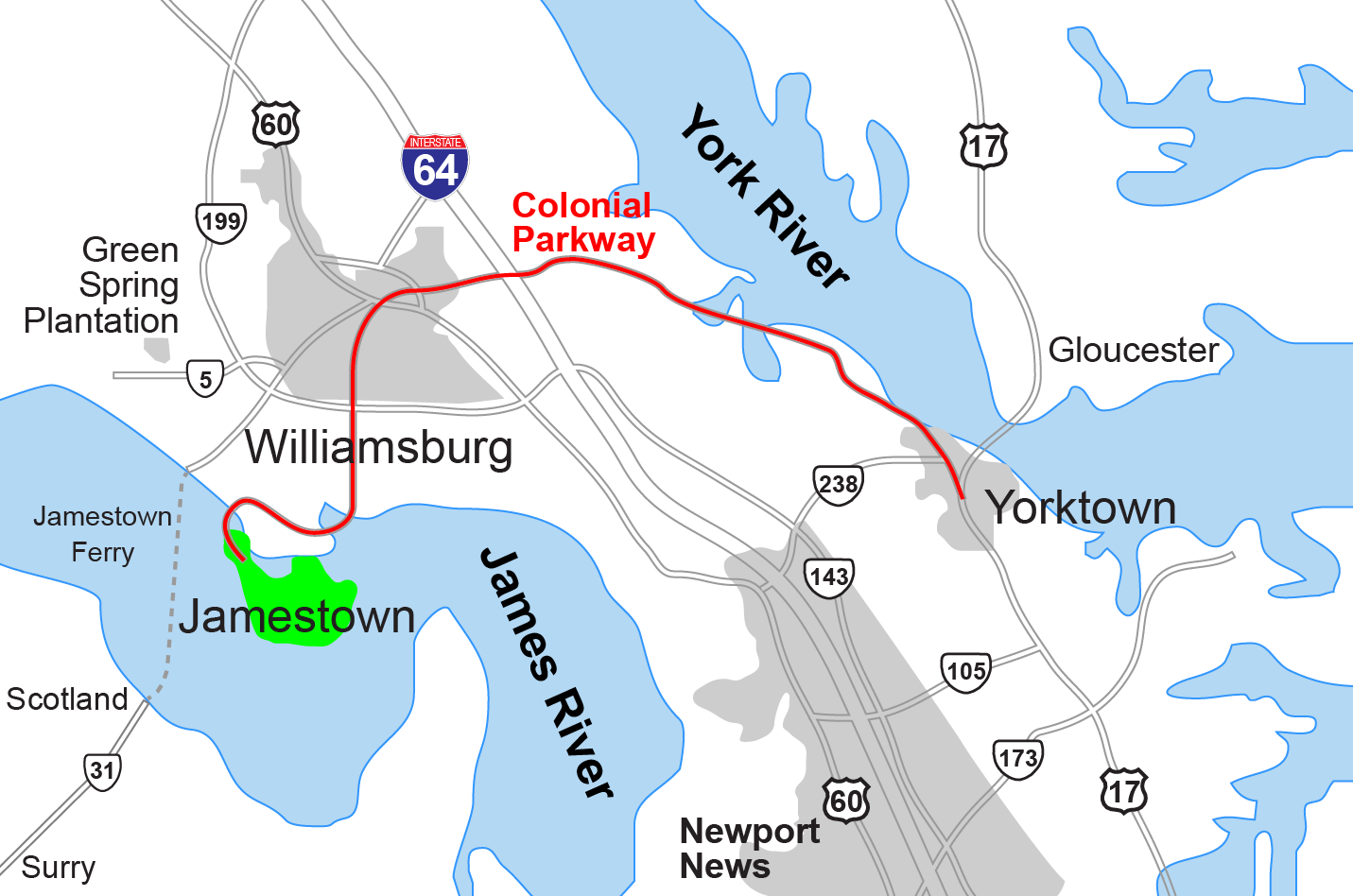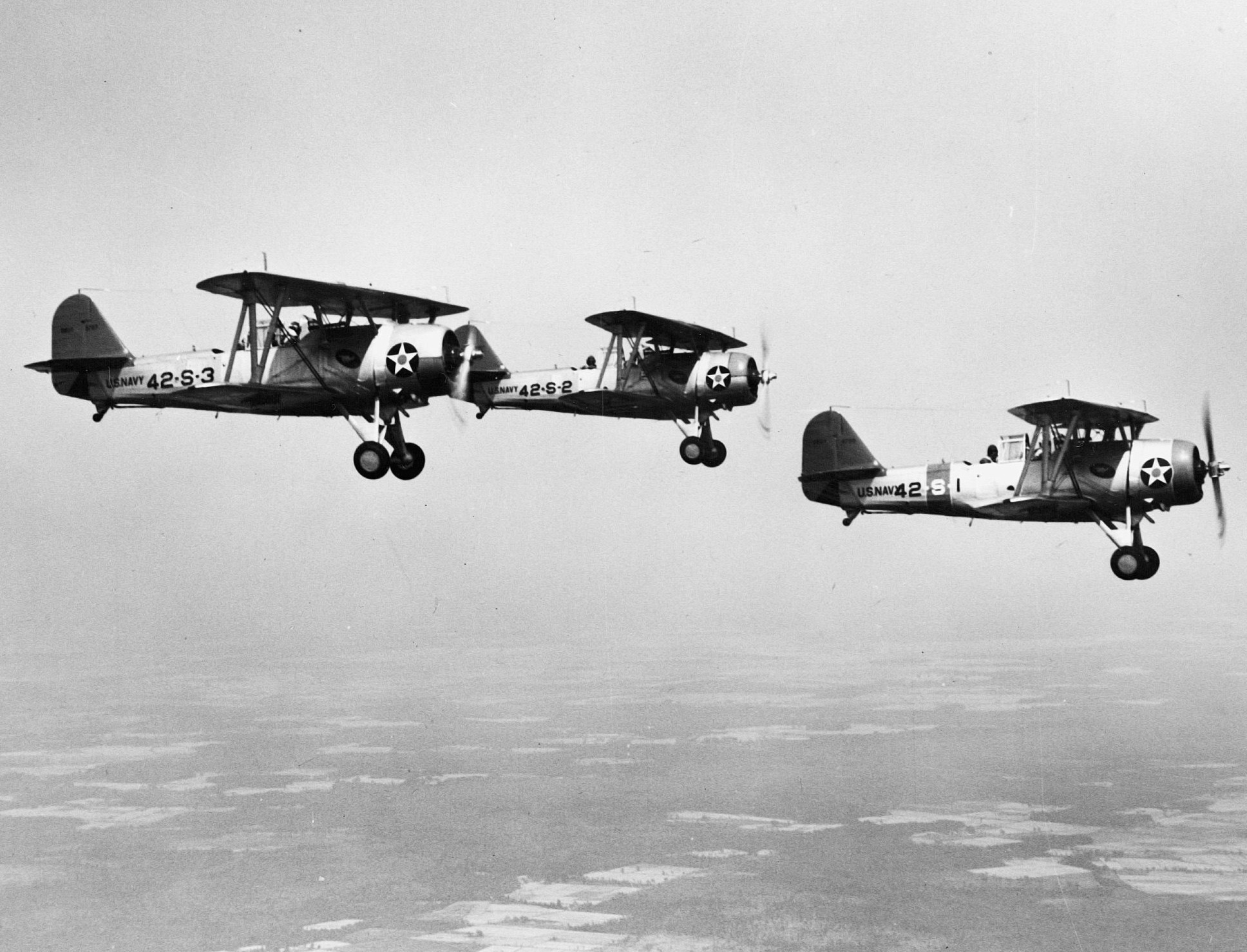|
USS Sangamon (CVE-26)
USS ''Sangamon'' (CVE-26) was a US Navy escort carrier of World War II. Originally ''Esso Trenton'' , a the T3 tanker oiler , built by the Federal Shipbuilding and Dry Dock Company, it was operated by Standard Oil of New Jersey on runs from gulf coast ports to the east coast. After entering service in the early part of the war in the Navy as a tanker, ''Sangamon'' was converted into an aircraft carrier. After conversion ''Sangamon'' was at the Allied invasion of French North Africa in 1943 before moving to the war in the Pacific. Post war it was sold into civilian ownership and scrapped in 1960. Service history ''Esso Trenton'' was acquired by the United States Navy on 22 October 1940. Renamed ''Sangamon'' and designated a fleet oiler, one of 12 oilers, she was commissioned on 23 October 1940. After service off the west coast and in Hawaiian waters, ''Sangamon'' shifted to the Atlantic Fleet in the spring of 1941, and through the Neutrality Patrol period, carrie ... [...More Info...] [...Related Items...] OR: [Wikipedia] [Google] [Baidu] |
Standard Oil Company
Standard Oil Company, Inc., was an American oil production, transportation, refining, and marketing company that operated from 1870 to 1911. At its height, Standard Oil was the largest petroleum company in the world, and its success made its co-founder and chairman, John D. Rockefeller, who is among the wealthiest Americans of all time and among the richest people in modern history. Its history as one of the world's first and largest multinational corporations ended in 1911, when the U.S. Supreme Court ruled that it was an illegal monopoly. The company was founded in 1863 by Rockefeller and Henry Flagler, and was incorporated in 1870. Standard Oil dominated the oil products market initially through horizontal integration in the refining sector, then, in later years vertical integration; the company was an innovator in the development of the business trust. The Standard Oil trust streamlined production and logistics, lowered costs, and undercut competitors. "Trust-busting" cri ... [...More Info...] [...Related Items...] OR: [Wikipedia] [Google] [Baidu] |
Operation Torch
Operation Torch (8 November 1942 – Run for Tunis, 16 November 1942) was an Allies of World War II, Allied invasion of French North Africa during the Second World War. Torch was a compromise operation that met the British objective of securing victory in North Africa while allowing American armed forces the opportunity to engage in the fight against Nazi Germany on a limited scale. It was the first mass involvement of US troops in the Mediterranean and Middle East theatre of World War II, European–North African Theatre, and saw the first major airborne assault carried out by the United States. While the French colonies were formally aligned with Germany via Vichy France, the loyalties of the population were mixed. Reports indicated that they might support the Allies. American General Dwight D. Eisenhower, supreme commander of the Allied forces in Mediterranean Theater of Operations, planned a three-pronged attack on Casablanca (Western), Oran (Center) and Algiers (Easter ... [...More Info...] [...Related Items...] OR: [Wikipedia] [Google] [Baidu] |
Aircraft Catapult
An aircraft catapult is a device used to allow aircraft to take off from a very limited amount of space, such as the deck of a vessel, but can also be installed on land-based runways in rare cases. It is now most commonly used on aircraft carriers, as a form of assisted take off. In the form used on aircraft carriers the catapult consists of a track, or slot, built into the flight deck, below which is a large piston or ''shuttle'' that is attached through the track to the nose gear of the aircraft, or in some cases a wire rope, called a catapult bridle, is attached to the aircraft and the catapult shuttle. Other forms have been used historically, such as mounting a launching cart holding a seaplane on a long girder-built structure mounted on the deck of a warship or merchant vessel, but most catapults share a similar sliding track concept. Different means have been used to propel the catapult, such as weight and derrick, gunpowder, flywheel, air pressure, hydraulic, and steam ... [...More Info...] [...Related Items...] OR: [Wikipedia] [Google] [Baidu] |
Hangar
A hangar is a building or structure designed to hold aircraft or spacecraft. Hangars are built of metal, wood, or concrete. The word ''hangar'' comes from Middle French ''hanghart'' ("enclosure near a house"), of Germanic origin, from Frankish *''haimgard'' ("home-enclosure", "fence around a group of houses"), from *''haim'' ("home, village, hamlet") and ''gard'' ("yard"). The term, ''gard'', comes from the Old Norse ''garðr'' ("enclosure, garden"). Hangars are used for protection from the weather, direct sunlight and for maintenance, repair, manufacture, assembly and storage of aircraft. History The Wright brothers stored and repaired their aircraft in a wooden hangar constructed in 1902 at Kill Devil Hills in North Carolina for their glider. After completing design and construction of the ''Wright Flyer'' in Ohio, the brothers returned to Kill Devil Hills only to find their hangar damaged. They repaired the structure and constructed a new workshop while they waited for th ... [...More Info...] [...Related Items...] OR: [Wikipedia] [Google] [Baidu] |
Flight Deck
The flight deck of an aircraft carrier is the surface from which its aircraft take off and land, essentially a miniature airfield at sea. On smaller naval ships which do not have aviation as a primary mission, the landing area for helicopters and other VTOL aircraft is also referred to as the flight deck. The official U.S. Navy term for these vessels is "air-capable ships". Flight decks have been in use upon ships since 1910, the American pilot Eugene Ely being the first individual to take off from a warship. Initially consisting of wooden ramps built over the forecastle of capital ships, a number of battlecruisers, including the British and , the American and , and the Japanese Akagi and battleship Kaga, were converted to aircraft carriers during the interwar period. The first aircraft carrier to feature a full-length flight deck, akin to the configuration of the modern vessels, was the converted liner . The armoured flight deck was another innovation pioneered by the Ro ... [...More Info...] [...Related Items...] OR: [Wikipedia] [Google] [Baidu] |
Norfolk Navy Yard
The Norfolk Naval Shipyard, often called the Norfolk Navy Yard and abbreviated as NNSY, is a U.S. Navy facility in Portsmouth, Virginia, for building, remodeling and repairing the Navy's ships. It is the oldest and largest industrial facility that belongs to the U.S. Navy as well as the most comprehensive. Located on the Elizabeth River, the yard is just a short distance upriver from its mouth at Hampton Roads. It was established as Gosport Shipyard in 1767. Destroyed during the American Revolutionary War, it was rebuilt and became home to the first operational drydock in the United States in the 1830s. Changing hands during the American Civil War, it served the Confederate States Navy until it was again destroyed in 1862, when it was given its current name. The shipyard was again rebuilt, and has continued operation through the present day. History British control The Gosport Shipyard was founded on November 1, 1767 by Andrew Sprowle on the western shore of the Elizabeth Rive ... [...More Info...] [...Related Items...] OR: [Wikipedia] [Google] [Baidu] |
Hampton Roads
Hampton Roads is the name of both a body of water in the United States that serves as a wide channel for the James River, James, Nansemond River, Nansemond and Elizabeth River (Virginia), Elizabeth rivers between Old Point Comfort and Sewell's Point where the Chesapeake Bay flows into the Atlantic Ocean, and the surrounding metropolitan region located in the southeastern Virginia and northeastern North Carolina portions of the Tidewater (region), Tidewater Region. Comprising the Virginia Beach–Norfolk–Newport News, VA–NC, metropolitan area and an extended combined statistical area that includes the Elizabeth City, North Carolina micropolitan area, Elizabeth City, North Carolina, micropolitan statistical area and Dare County, North Carolina, Kill Devil Hills, North Carolina, micropolitan statistical area, Hampton Roads is known for its large military presence, ice-free harbor, shipyards, coal piers, and miles of waterfront property and beaches, all of which contribute to th ... [...More Info...] [...Related Items...] OR: [Wikipedia] [Google] [Baidu] |
USS Hambleton (DD-455) And USS Sangamon (ACV-26) 1942
USS ''Hambleton'' (DD-455/DMS-20) was a of the United States Navy, named for Purser Samuel Hambleton (1777–1851). ''Hambleton'' was laid down by the Federal Shipbuilding & Drydock Co., Kearny, New Jersey, on 16 December 1940 and launched on 26 September 1941, sponsored by Mrs. Nannie Hambleton Martin, great grandniece of Samuel Hambleton. The destroyer was commissioned on 22 December 1941. Service history 1942-1943 Departing Norfolk on 31 January 1942, in company with , ''Hambleton'' began a shakedown, unique in wartime, that took her through the Panama Canal to Callao, Peru; Valparaiso, Chile; Guayaquil, Ecuador; Cartagena, Colombia; and Balboa, Panama Canal Zone She was diverted for antisubmarine search north of Cuba in early March, and on 15 March 1942 rescued six men on a life raft who had survived the torpedoing of . After antisubmarine patrol along the East Coast and intensive training in Casco Bay, Maine, ''Hambleton'' sailed as escort to the cruiser a ... [...More Info...] [...Related Items...] OR: [Wikipedia] [Google] [Baidu] |
Dominion Of Newfoundland
Newfoundland was a British dominion in eastern North America, today the modern Canadian province of Newfoundland and Labrador. It was established on 26 September 1907, and confirmed by the Balfour Declaration of 1926 and the Statute of Westminster of 1931. It included the island of Newfoundland, and Labrador on the continental mainland. Newfoundland was one of the original dominions within the meaning of the Balfour Declaration and accordingly enjoyed a constitutional status equivalent to the other dominions of the time. In 1934, Newfoundland became the only dominion to give up its self-governing status, which ended 79 years of self-government. The abolition of self-government came about because of a crisis in Newfoundland's public finances in 1932. Newfoundland had accumulated a significant amount of debt by building a railway across the island, which was completed in the 1890s, and by raising its own regiment during World War I. In November 1932, the government warned th ... [...More Info...] [...Related Items...] OR: [Wikipedia] [Google] [Baidu] |
Naval Station Argentia
Naval Station Argentia is a former base of the United States Navy that operated from 1941 to 1994. It was established in the community of Argentia in what was then the Dominion of Newfoundland, which later became the tenth Canadian province, Newfoundland and Labrador. Construction Established under the British-US destroyers for bases agreement of 1940, the base was first occupied on 25 January 1941 following the expropriation of the flat headland formed by a small natural bay called Little Placentia Sound and the western end facing Placentia Bay by the Newfoundland government; over 400 families were displaced. Civilian construction crews from civilian contractors George A. Fuller Company and Merritt-Chapman and Scott Corporation, rushed to build the base as well as an adjoining air field. On 15 July 1941, the Naval Operating Base was commissioned. On 12 October 1942 the 17th Naval Construction Battalion began to arrive at the base and worked jointly with the civilians until 5 ... [...More Info...] [...Related Items...] OR: [Wikipedia] [Google] [Baidu] |
Iceland
Iceland ( is, Ísland; ) is a Nordic island country in the North Atlantic Ocean and in the Arctic Ocean. Iceland is the most sparsely populated country in Europe. Iceland's capital and largest city is Reykjavík, which (along with its surrounding areas) is home to over 65% of the population. Iceland is the biggest part of the Mid-Atlantic Ridge that rises above sea level, and its central volcanic plateau is erupting almost constantly. The interior consists of a plateau characterised by sand and lava fields, mountains, and glaciers, and many glacial rivers flow to the sea through the lowlands. Iceland is warmed by the Gulf Stream and has a temperate climate, despite a high latitude just outside the Arctic Circle. Its high latitude and marine influence keep summers chilly, and most of its islands have a polar climate. According to the ancient manuscript , the settlement of Iceland began in 874 AD when the Norwegian chieftain Ingólfr Arnarson became the first p ... [...More Info...] [...Related Items...] OR: [Wikipedia] [Google] [Baidu] |
Neutrality Patrol
On September 3, 1939, the British and French declarations of war on Germany initiated the Battle of the Atlantic. The United States Navy Chief of Naval Operations (CNO) established a combined air and ship patrol of the United States Atlantic coast, including the Caribbean, on 4 September, President Franklin D. Roosevelt declared the United States' neutrality on 5 September, and declared the naval patrol a Neutrality Patrol.Cressman, p. 2 Roosevelt's initiation of the Neutrality Patrol, which in fact also escorted British ships, as well as orders to U.S. Navy destroyers first to actively report U-boats, then "shoot on sight", meant American neutrality was honored more in the breach than observance. Background Upon declaration of war, the United Kingdom, France, and Germany attempted to restrict their adversaries' ability to import raw materials and manufactured goods. The belligerent navies were deployed to intercept ships capable of carrying such imports. Ships evading enemy nava ... [...More Info...] [...Related Items...] OR: [Wikipedia] [Google] [Baidu] |



%2C_F-14_on_catapult.jpg)


_torpedoed_in_November_1942.jpg)
